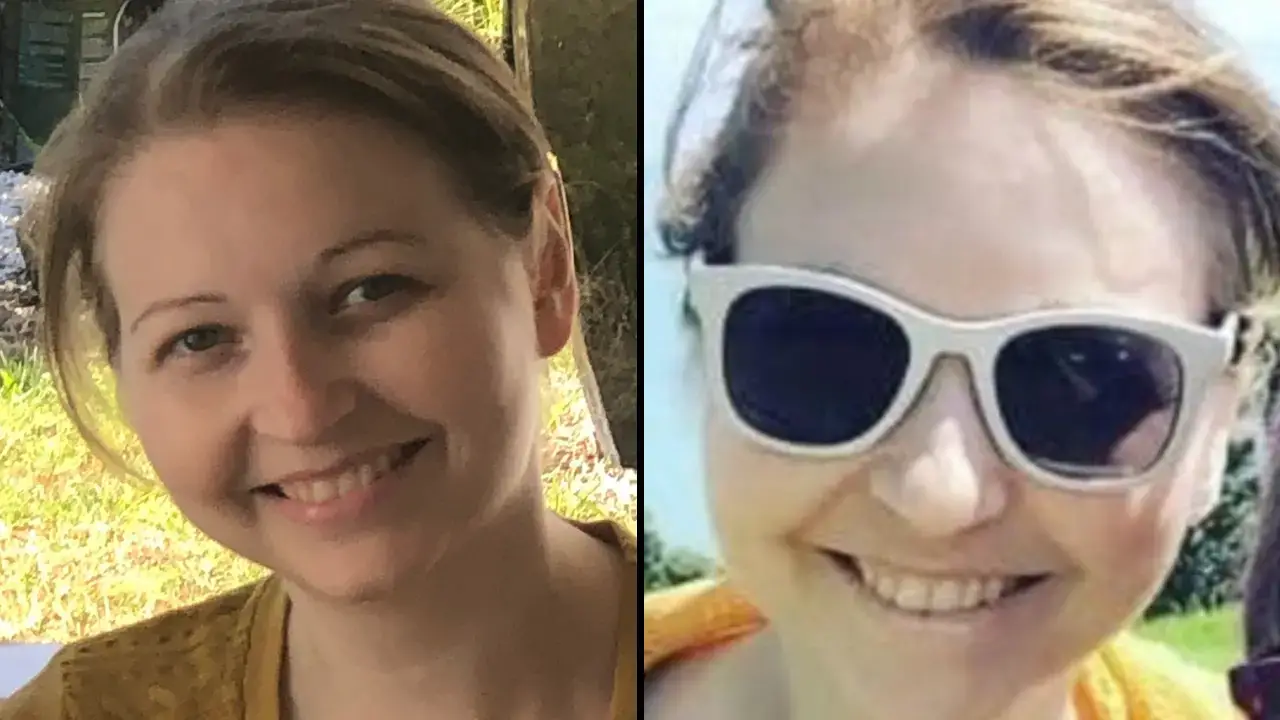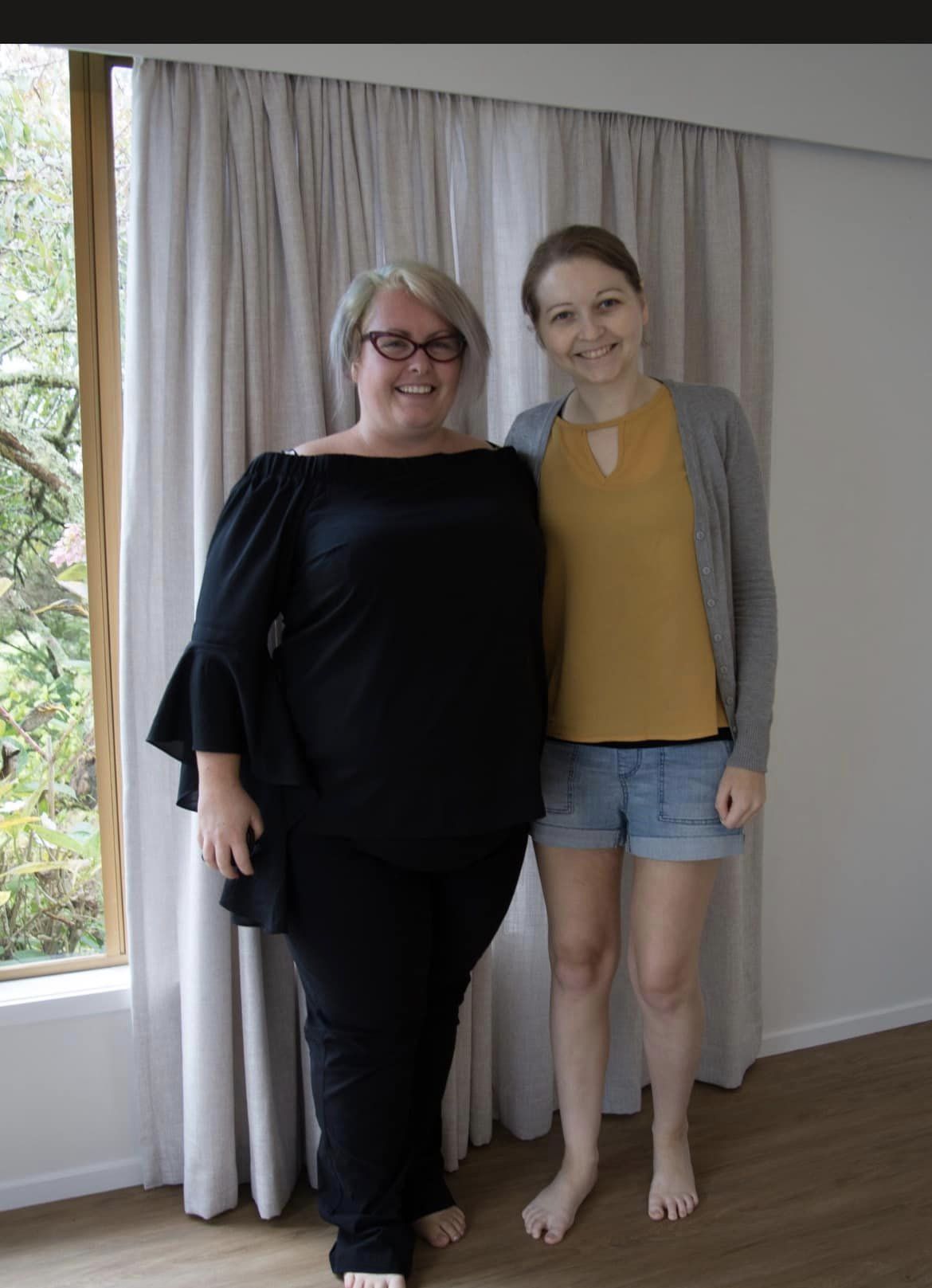
Credit: Ruby's Voice Trust via Facebook
Woman Has Died Aged Just 33 After Doctors Accused Her Of Faking Symptoms
A woman sadly died aged 33 after doctors shockingly accused her of faking her symptoms.
Stephanie Aston sought medical help when she was 25 after suffering from severe migraines, abdominal pain, joint dislocations, easy bruising, iron deficiency, fainting, and multiple injuries, as per The New Zealand Herald.
After getting checked out, she was referred to Auckland Hospital, where a doctor accused her of causing her own illness.
Due to this claim, Aston was placed under psychiatric watch, where she would undergo rectal examinations and was further accused of practicing self-harming behaviors.
She was also suspected of faking fainting spells, fevers, and coughing fits – as well as suggesting that she was subject to her mother physically harming her.
Sadly, the symptoms she was suffering from were not lies and Aston has since passed away.

In a Facebook post paying tribute to Aston, they describe her as a ‘beacon’ for many in their community.
“Even until the very end, she was keen to help anyone and lend an ear. You will be sorely missed. I hope you rest well now.”
Someone else paid tribute by commenting: “So sorry to hear this… the medical neglect EDS patients have to endure is unforgivable.”
Another person pens: “I am saddened by this story and tragic loss of such a young woman who was giving back to society and supporting others.
“I’m certain that her short life lives on through the legacy she has created and the memories all those who knew her and whom she touched carry with them.”

Aston was later diagnosed with Ehlers-Danlos Syndrome (EDS) – a group of rare inherited conditions that affect connective tissue, as per the NHS.
Connective tissues provide support for skin, tendons, ligaments, blood vessels, internal organs, and bones.
According to the NHS, there are multiple symptoms of EDS that include delicate skin – which leads to easy bruising – as well as dizziness and an increased heart rate after standing up.
The health organization also explains how there are 13 different types of EDS – with the conditions ranging from mild to life-threatening.
At the moment, there is no specific treatment for the condition, but there are ways for patients to manage the disease, such as physical therapy and counseling.
After being told she was faking her symptoms, Aston saw rheumatologist Dr Fraser Burling, New Zealand’s only specialist in EDS, who diagnosed her with classical EDS in 2016.
Speaking to the New Zealand Herald back in 2018 about how she felt when the doctors dismissed her, she said it felt like she had her ‘dignity’ breached.
Despite later getting her diagnosis confirmed by two New Zealand geneticists – Dr Patrick Yap of Auckland Medical Specialists and Dr Juliet Taylor of Genetic Health Service New Zealand – Auckland Hospital reportedly refused to acknowledge her condition.
As the doctor suggested she had been self-harming, this meant that Aston was denied a permanent intravenous port to administer blood transfusions for severe anemia – a condition where there is a lack of iron in your body.
Aston went on to become an inspirational figure to those affected by EDS and she spoke publicly about her battles, both with her condition and how she was treated by doctors.
She also helped launch the organization Ehlers-Danlos Syndrome New Zealand in 2017.
Related Article: Teenager Dies After Dropping Her Phone In Bathtub While On A Call With Her Friend
Related Article: Heartbroken Parents Issue Urgent Warning After 13-Year-Old Daughter Dies From Chroming